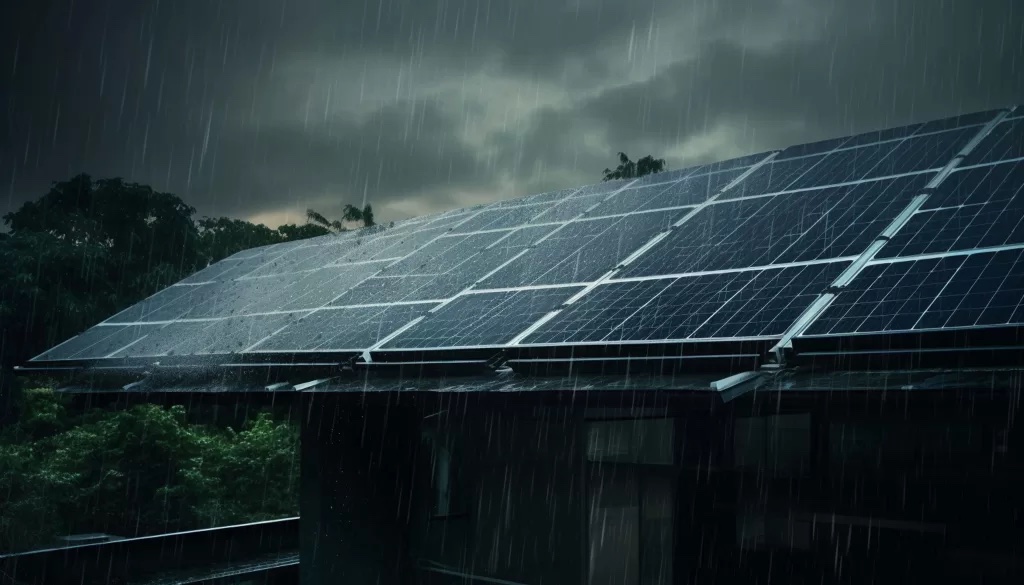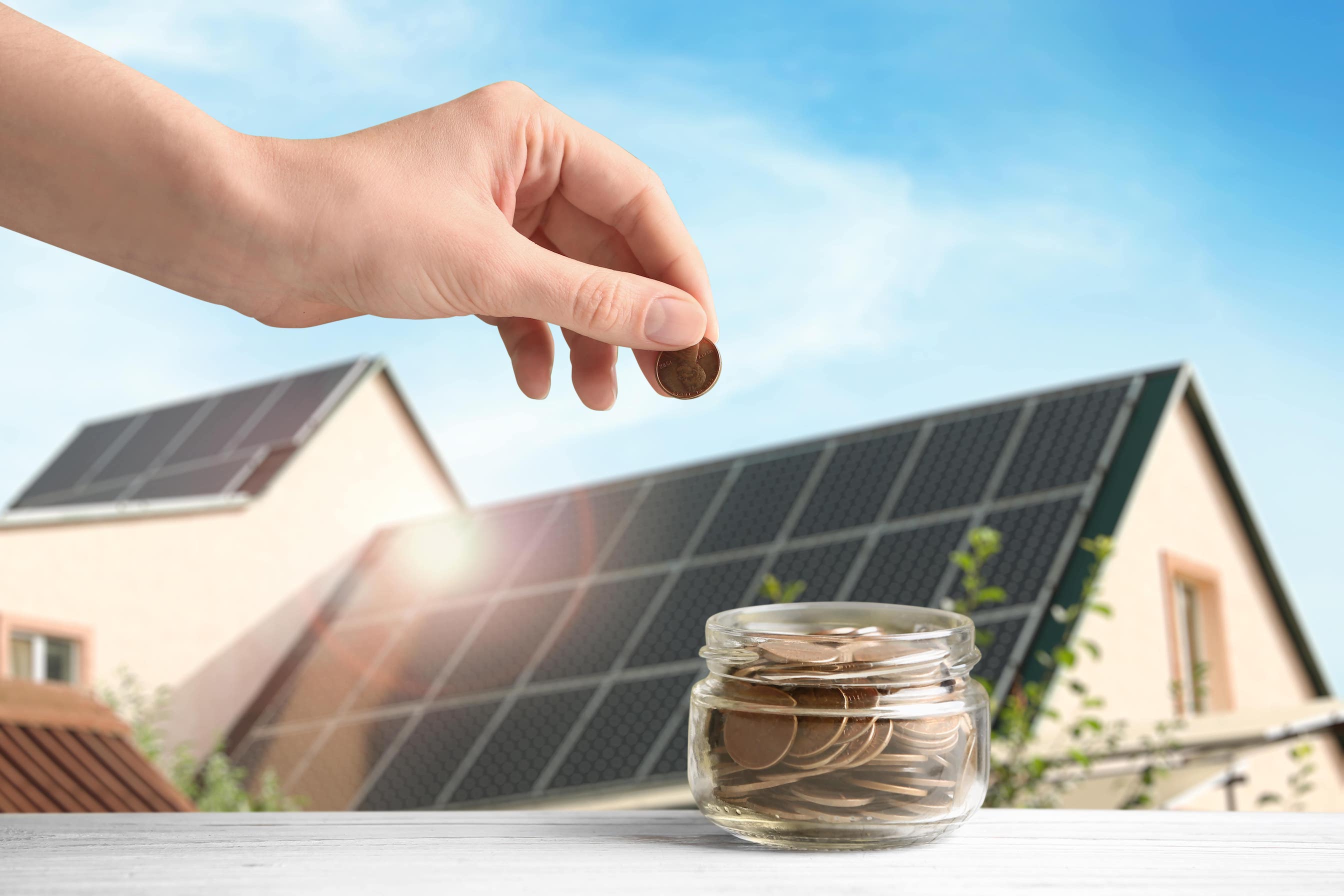Can Solar Panels Work in Poor Weather Conditions?

Can Solar Panels Work in Shade or Poor Weather Conditions?
Did you know Germany is the top adopter of solar panels despite it having the cloudy weather maximum times?
The stats changed because of the recent technology updates. In poor weather conditions, the efficiency of the solar panel reduces by a few percent, the output is not absolutely zero.
In India, we have approximately 300 sunny days that keeps the influx of solar energy high. In 2023, India produced 113.4 terawatt-hours of solar power (Source: Statista).
Looking at the potential generation of power, people are making a shift to a sustainable source of energy.But a sudden climate change and rising pollution have raised questions over the impact of bad climate on solar panels’ output.
Let us understand the reasons for the decrease in output of solar panels.
Do Solar Panels Work in the Shade?
Yes, solar panels work in the shade and the efficiency depends on partial shading technology like use of microinverters. Solar panels use diffused sunlight that passes through the clouds to generate power.
Solar panel power generation process:
Solar panel needs sunlight to produce energy. The sunlight that falls on the solar panel (containing photons) is captured effectively. After hitting the solar panel, the electrons are let loose to create an electric circuit.
On a sunny day, the photons have high energy and high wavelengths hence the solar energy production is better. On the contrary, with solar panel partial shading, the output is less.
Solar Panel Efficiency in Poor Weather Conditions
The performance of solar panels varies in different weather scenarios. Other factors that affect the performance are panel quality and angle of installation.
To improve solar panel efficiency, it is important to mind
Panel Quality: High quality solar panel in cloudy conditions utilises the diffuse light giving you better energy production.
Tilt and Angle: Proper angle helps the panel capture more light, ultimately more output.
Region: Geographical regions can impact the capacity of experiencing more diffuse light than ever.
How Solar Panels Operate in Rain, Snow, and Fog?
Solar power efficiency drops by 10%-25% on days with overcast skies. Solar panels’ overcast conditions take its efficiency 30-40% down.
(Source: www.ecosolardigest.com).
Solar panel in Shade
Output of solar panels in shades depends on panel design and shading. Partial shading on the solar panel can disrupt energy generation. But power optimisers and microinverters enable solar panels to function by isolating the impacted areas.
Solar panels in Rainy Weather
Rains are good, not from an energy generation perspective, but from the cleaning aspect and maintenance. In short, you can see spic and span solar panels for next few days.
Solar panels and Snow
When it is snowy, the panel gets blocked to absorb the sunlight. But, light snow can enhance power generation efficiency by reflecting through additional snow on the panel surface.
Solar panels can perform better in extremely cold weather, as a cold environment increases the conductivity of PV cells.
Solar panels in foggy conditions
Fog limits sunlight due to dense atmospheric conditions. But output is not as bad as in cloudy conditions because it still allows the panel to use the diffuse sunlight to reach the panels. Power generation can be increased by optimising panel placement and angle to capture maximum sunlight.
Technology Advancement to Enhance Solar Panels Performance in Poor Weather
Solar panels can be made to generate higher power in overcast conditions by making these technology updates:
- Use bypass diodes: These components allow electricity to bypass shaded cells, and ensure optimal energy production.
- Deploy microinverters: These instruments optimise individual panel output and reduce the impact of shading.
Thin-film solar panels: Using this type of panels gives better efficiency even in low sunlight, in comparison to silicon-based panels.
Conclusion
While solar panels in cloudy conditions, shade, and snow may not perform at peak, they are far from being inactive. Technological updates and strategic systems boost solar panels efficiency in shade.
It’s time we understand the solar panel transition is a must to save the environment from damage. Whatever may be the case of solar panels in foggy conditions, rainy season, choose an eco-future with sustainable energy sources.
Contact CUSP Solar to choose a sustainable solar solution provider.
Contribute to our Blog
Welcome to CUSP! We believe in sharing knowledges and learning through best practice.
If sustainability is your topic of interest (and concern!), you can share your views to CUSP’s subscribers. Upon publication, we will notify you.

